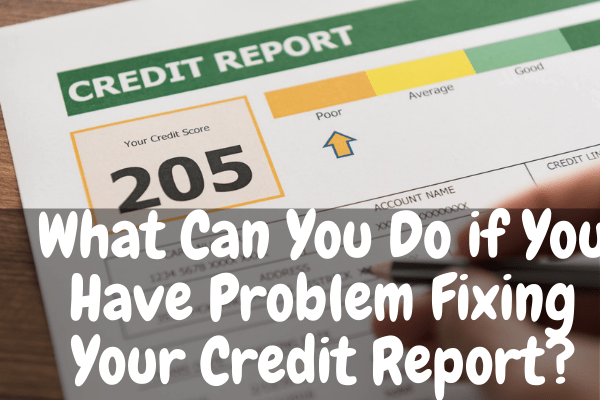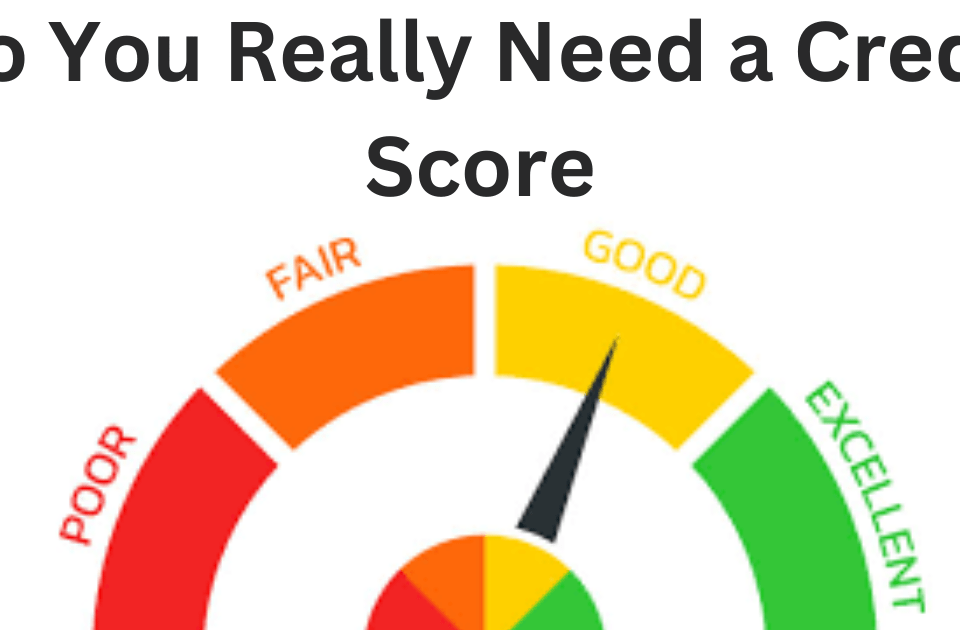It can be frustrating. Yet, vital. Your credit report dictates what you pay to borrow money and have insurance coverage. A mistake can cost you thousands of dollars if not cleared up.
You’ve gone through the appropriate channels and provided all of the necessary paperwork. Yet, the creditor still refuses to fix the report. What do you do now?
You can start by writing a statement of up to 100 words that states your dispute of the accuracy of a credit report item. You then submit it to the credit bureau. It will be added to your credit report at no charge.
The law, through the Equal Credit Opportunity Act, requires lenders to consider information that shows that your credit report may be inaccurate. You simply provide the lender with the documentation that proves your dispute. It is best to do this in advance of the lender’s credit check. That way, you are all prepared.
If you feel it is the credit-reporting agency’s fault that the inaccuracy remains on your report, you could sue the credit-reporting agency under the Fair Credit Reporting Act for “negligent” or “willful” noncompliance. If you win, your court costs and attorney fees will be paid.
You can continue to gather your documentation and re-submit your dispute. Perhaps new info and a new set of eyes at the agency will lean more your way.
In general, the best way to remove something is to have the creditor request it be removed. You may be required to provide the creditor with your documentation. They will not admit to having it right out. For example, a credit card company recently sent me a credit card in my maiden name for my mother’s account. She had never requested me to be added to her account. When it showed up on my credit report after three requests to be removed from the account, I was angry. The company swore that they had no records of my name ever being on the account, but that they would have it removed from my credit. It took six months.
Make sure you check your credit report three times a year. You are entitled to one free credit report annually from each of the three major agencies. You can go to www.annualcreditreport.com for more information. When applying for a loan, ask what your credit score is, just for curiosity. Most credit scores can be purchased online for less than $10. Make sure you check your FICO score, as it is the one used by lenders.






